US President Donald Trump has called on Apple Inc. to stop expanding its iPhone production in India, highlighting concerns over trade imbalances and ongoing negotiations between Washington and New Delhi.
Speaking during a state visit to Qatar, Trump said he recently confronted Apple CEO Tim Cook over the tech giant’s plans to build more manufacturing facilities in India.
“He is building all over India. I don’t want you building in India,” Trump said.
According to the president, Apple has agreed to increase its manufacturing footprint within the United States instead.
The comments come as Apple continues to diversify its supply chain beyond China, aiming to reduce exposure to geopolitical tensions and past COVID-related disruptions. The company currently produces the majority of its iPhones in China but has ramped up assembly operations in India, primarily through suppliers like Foxconn and Tata Group.
Apple assembled roughly $22 billion worth of iPhones in India over the 12 months ending in March 2025 — a 60% increase over the previous year. The company has stated its goal to manufacture most iPhones for the US market in India by the end of 2026.
Trump’s remarks underscore the administration’s broader stance on trade and domestic production. India has long been a target of Trump’s criticism for its high tariff barriers. However, during his remarks in Doha, he noted that India has proposed eliminating tariffs on American goods in a potential trade deal.
“They have agreed to charge us literally no tariffs,” Trump said, though the Indian government has yet to publicly confirm such an offer.
The US and India are currently engaged in trade talks, with New Delhi aiming to finalize an agreement before the expiration of Trump’s 90-day pause on higher tariffs, which ends July 9. During this period, Trump imposed tariffs of up to 26% on Indian goods, while India has responded by lowering tariffs on certain American imports such as whiskey and motorcycles.
Despite this, concerns remain over the trade deficit. In 2024, the US recorded a $45 billion trade deficit with India. Trump has emphasized reducing that gap and favors a “zero-for-zero” approach, where both countries eliminate tariffs equally — although India is unlikely to concede in politically sensitive sectors such as agriculture.
Meanwhile, India has taken steps toward broader trade liberalization, signing recent agreements with the UK and the European Free Trade Association and continuing negotiations with the EU.
While Apple has not commented on the president’s statements, the company previously confirmed it was increasing production in India and expanding operations in Vietnam, which is expected to become a key hub for iPads and Apple Watches.
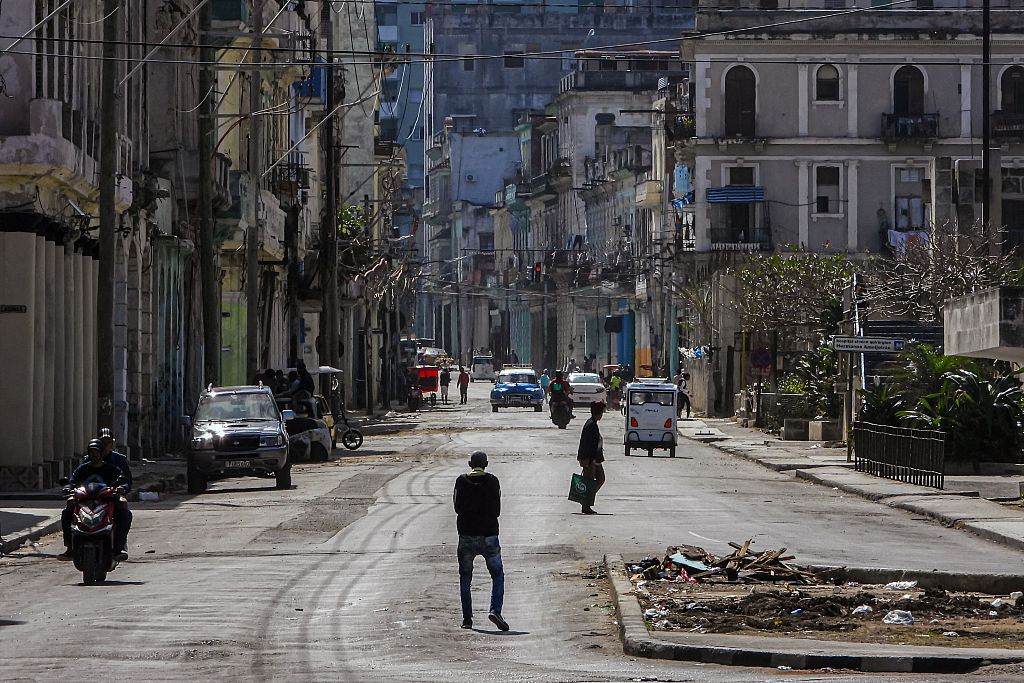
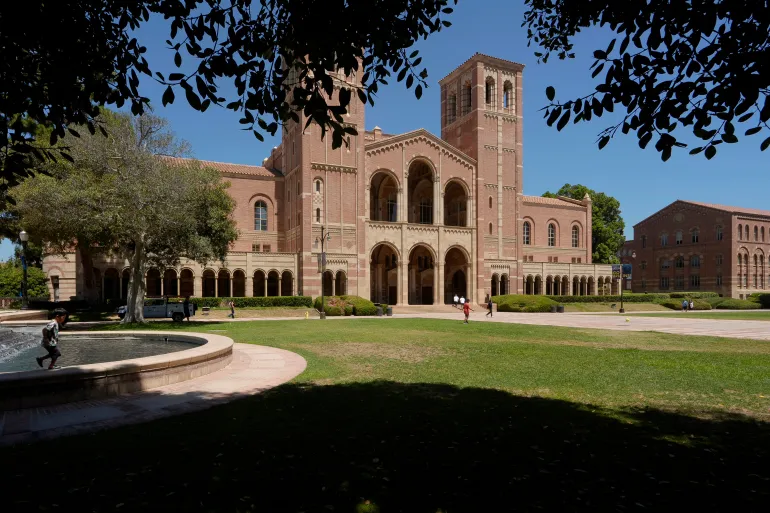

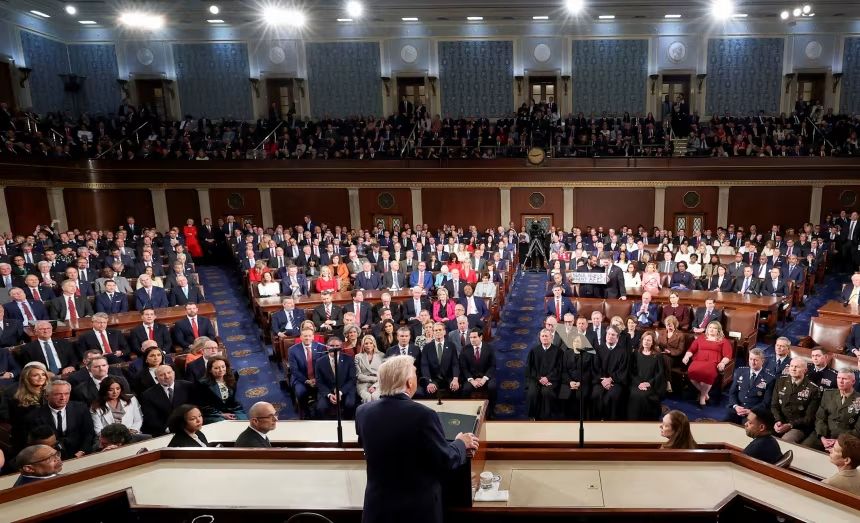
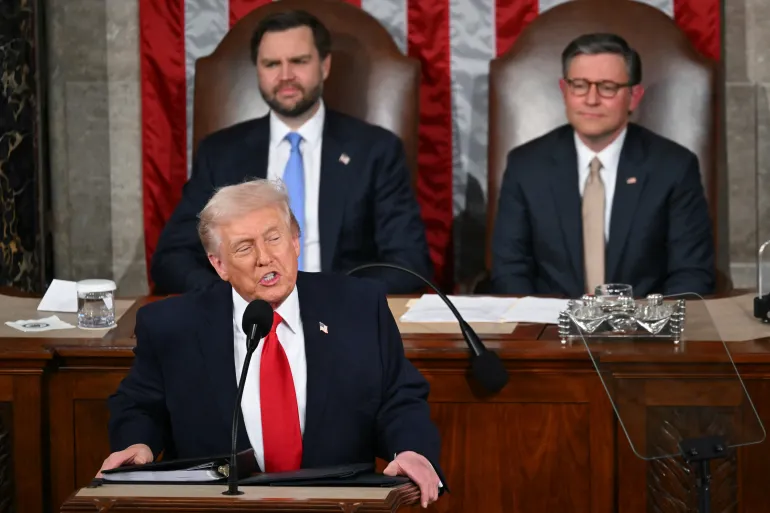
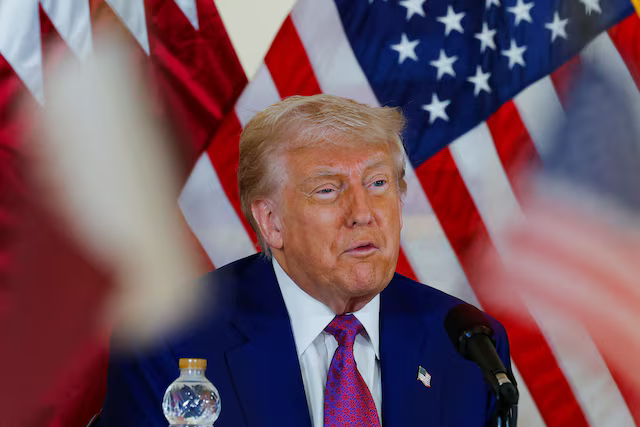




The latest news in your social feeds
Subscribe to our social media platforms to stay tuned